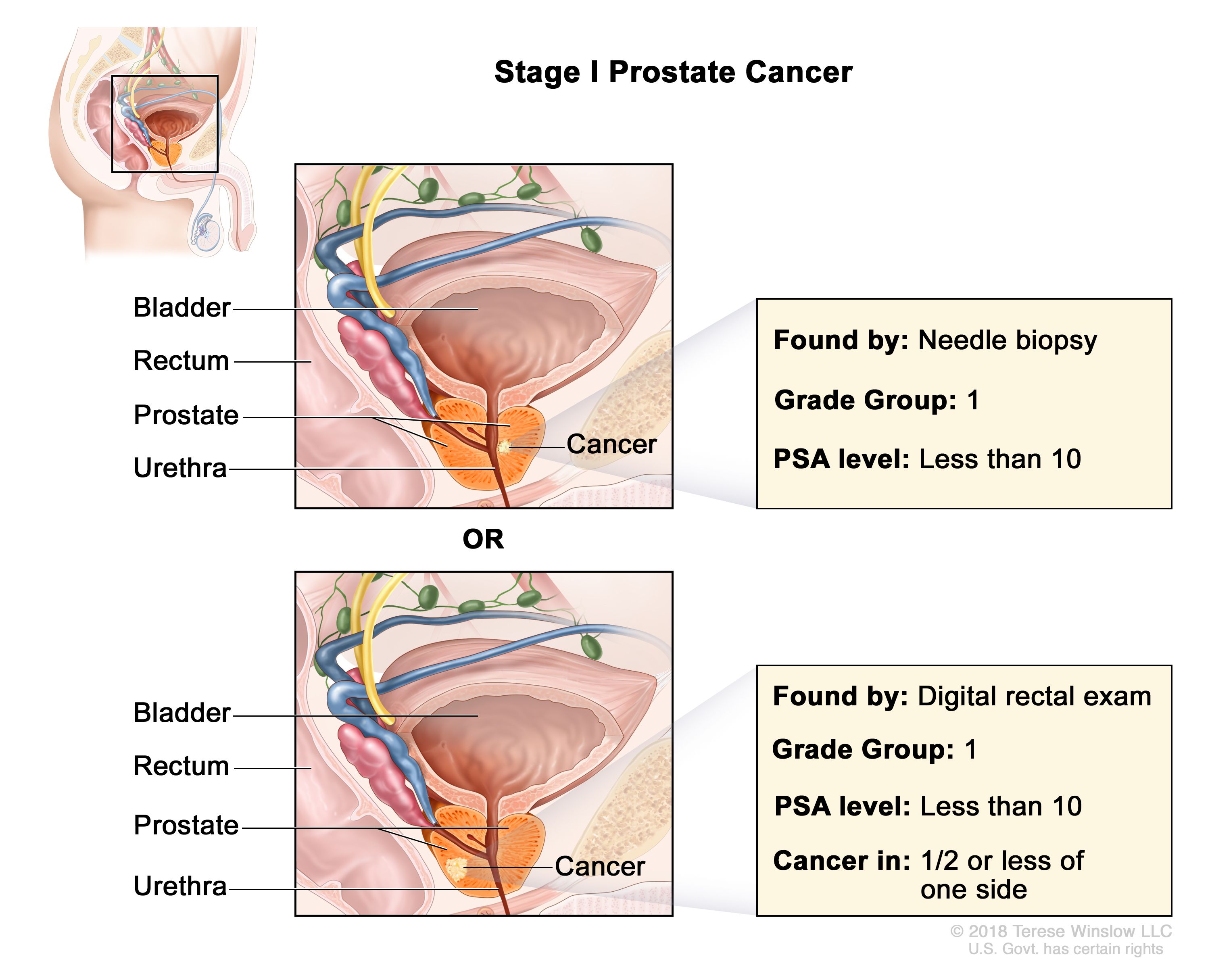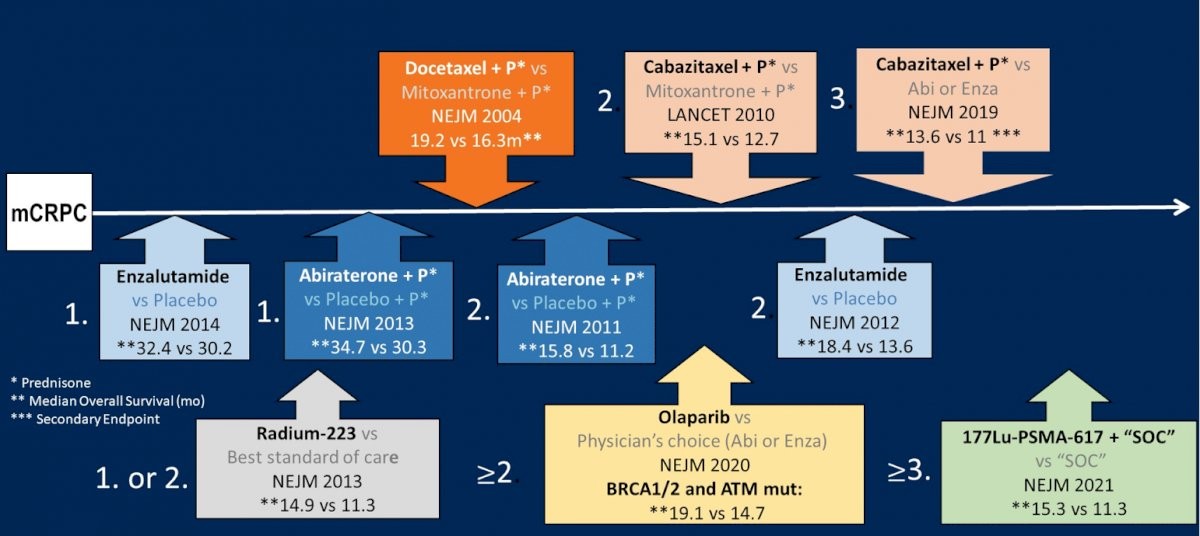Facts About Best Prostate Cancer Hospital In Mumbai Uncovered
Facts About Best Prostate Cancer Hospital In Mumbai Uncovered
Blog Article
Comprehending Prostate Cancer Cells: Causes, Signs, and Risk Variables

Reasons of Prostate Cancer Cells
Prostate cancer is mostly triggered by genetic anomalies that lead to irregular cell development in the prostate gland. These mutations can lead to the unrestrained department of cells, resulting in the formation of a lump. While the specific root cause of these genetic anomalies is not always clear, specific threat aspects have been identified that may increase the chance of creating prostate cancer.

Age is a significant threat element, with most of situations occurring in men over the age of 50. Family members history additionally contributes, as people with a close relative that has had prostate cancer cells go to greater threat. Ethnic background can additionally influence the chance of developing the condition, with African American men having a greater occurrence rate contrasted to men of various other racial histories.
Exposure to particular environmental aspects, such as Agent Orange or cadmium, may also contribute to the growth of prostate cancer. Furthermore, a diet plan high in red meat or low in fruits and veggies has actually been connected with a boosted risk of the disease. Recognizing these causes and danger variables is vital in the prevention and early discovery of prostate cancer.
Typical Symptoms to Look For
With a heightened awareness of the causes and threat variables related to prostate cancer cells, it is vital to recognize the common symptoms that individuals must be attentive for. While early-stage prostate cancer cells typically does absent with obvious symptoms, as the disease advances, numerous signs may emerge. Among the most typical symptoms is regular peeing, specifically during the night. Additionally, people may experience problem beginning or stopping peeing, weak pee circulation, discomfort or shedding feeling throughout urination, blood in the urine, erectile dysfunction, pain in the hips, back, upper body, or various other areas that might have spread out from the prostate, and pain or swelling in the pelvic location. It is crucial for people, specifically those at higher risk as a result of age or family members history, to quickly seek advice from a healthcare copyright if they experience any of these symptoms. Early detection and therapy can considerably boost results in prostate cancer instances. Routine testings and understanding of these signs play an important role in handling the disease efficiently.
Danger Variables to Take Into Consideration
Thinking about the wide variety of variables that can affect the probability of establishing prostate cancer, recognizing the different threat factors is paramount in precautionary healthcare. Age is a considerable danger aspect, with the majority of instances taking place in men over the age of 50. Family history likewise plays an important function; having a father or brother with prostate cancer cells increases the threat. Race is another important element, as African American males have a greater danger of establishing prostate cancer cells contrasted to males of various other races. In addition, a diet high in red or processed meats and reduced in fruits and veggies may add to an enhanced danger of prostate cancer. Weight problems and absence of exercise have actually been connected to a greater likelihood of developing the disease as well. Exposure to certain chemicals or contaminants in the atmosphere might likewise increase the risk. Understanding these danger elements can assist in very early detection and positive administration of prostate cancer.
Importance of Very Early Discovery
Recognizing the influence of prompt recognition on prognosis and therapy results highlights the importance of very early discovery in handling prostate cancer effectively. Prostate cancer cells, when identified early, offers people a higher chance of successful treatment and improved lifestyle. Early discovery enables timely intervention, potentially preventing the cancer from spreading out past the prostate gland. Routine testings, including prostate-specific antigen (PSA) examinations and electronic rectal tests, play an essential role in identifying prostate cancer cells in its beginning. These testings check out this site can spot irregularities even prior to symptoms show up, enabling medical care carriers to initiate suitable administration methods immediately. Additionally, early detection offers individuals with even more therapy alternatives, as the cancer cells may be restricted to the prostate, making alleviative therapies like surgery, radiation therapy, or active monitoring extra sensible. By highlighting the importance of early detection through routine screenings and understanding, health care experts can encourage individuals to take aggressive action in handling their prostate health and wellness and potentially enhancing therapy results.
Approaches for Avoidance
Carrying out positive measures and taking on healthy way of life selections are crucial elements in decreasing the risk of developing prostate cancer cells. Routine exercise, preserving a healthy and balanced weight, and eating a balanced diet regimen abundant in fruits, vegetables, and entire grains can all add to lowering the probability of creating this disease. Furthermore, limiting the intake of red and processed meats, in addition to reducing the usage of high-fat dairy products, may additionally play a function in prostate cancer cells avoidance.
Normal screenings and exams with a doctor are necessary for early discovery and treatment. Men ought to go over with their physicians the possible advantages and threats of prostate cancer cells testing starting at age 50, or earlier if they go to a higher risk as a result of household background or other elements - best prostate cancer doctor. Comprehending one's household history and genetic proneness can also aid in identifying a personalized prevention strategy
Incorporating these approaches right into one's lifestyle can considerably minimize the danger of establishing prostate cancer and contribute to overall health.
Final Thought

Prostate cancer cells is mostly caused by hereditary anomalies that lead to irregular cell growth in the prostate gland. Recognizing these reasons and threat factors is critical in the prevention and very early detection of prostate cancer.
Thinking about the wide variety of factors that can affect the likelihood of developing prostate cancer, understanding the numerous risk elements is critical in precautionary health care. Male should talk about with their physicians the prospective benefits and risks of prostate cancer screening starting at age 50, or earlier if they are at a higher risk browse this site due to household history or other factors. Best prostate cancer hospital in India.In verdict, understanding the reasons, signs and symptoms, and danger aspects of prostate cancer is important for early detection and prevention
Report this page